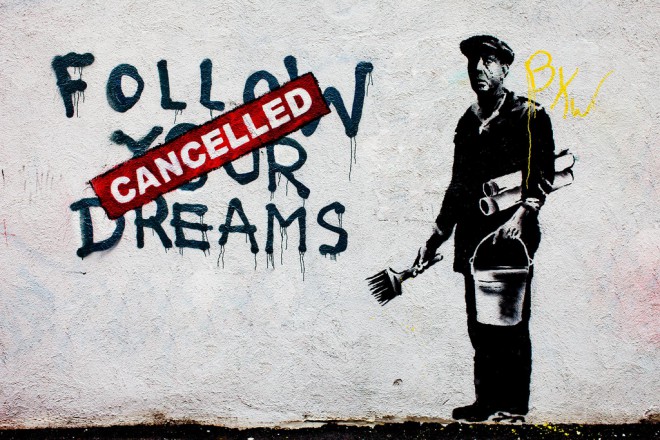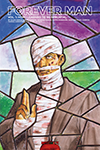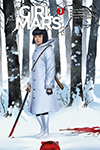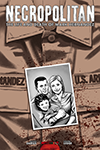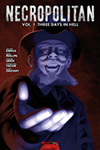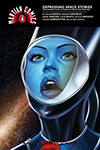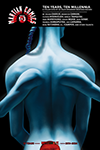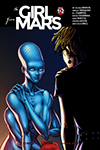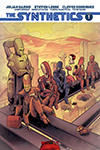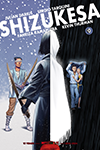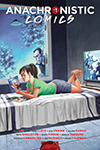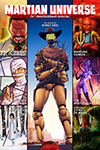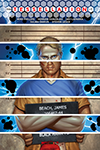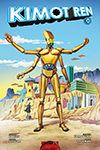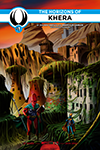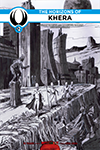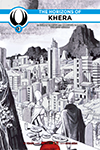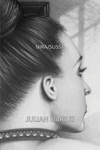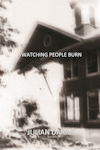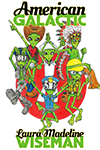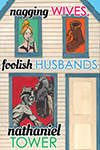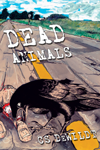for Samuel Beckett
1
Come in, come in, the fog impatiently gestured. You rattled like echo’s bones when you walked. It was fashionable to die young and be pessimistic.
2
You were drunk all the time. Headaches and insomnia plagued you. Sunshine, you said, looking up from a whiskey, is an overrated virtue.
3
Ezra Pound declared himself the only sane writer left in Europe. Nothing to do but sit on your ass in Paris and sigh.
4
Your dirty green raincoat had a pocket distended by the unfinished poem you always carried. Coincidence served as your collaborator, though prone to long absences.
5
You weren’t cold. You just shivered sometimes.
6
All poetry . . . is prayer, you said to hoots of derisive laughter. Being damned was the same as being saved. Your old wounds flared like the pink and green sunsets found only in Ireland.
7
You stared out the window at a little boy pedaling his bicycle after a delivery van. The more you thought about it, the more convinced you became that the best music is barely audible. Class ended with a roomful of students still waiting for you to begin class.
8
God’s stale breath swayed the treetops, the suggestion of a dance. No, you replied, I don’t want to.
9
Poetry is vertical. You spent hours in bed curled up in the dark.
10
From the window, you could see the cemetery where your father was “at rest.” You weren’t interested in stories of success, only failure.
11
Strangers often commented on your eyes – gull’s eyes, someone called them. If you heard, you gave no sign. The sea crashed just outside your door.
12
You could read three languages and, of course, grieve in each. In late spring, you visited a mental hospital out of curiosity. Jesus wiped the dribble from patients’ chins.
13
To find a form that accommodates the mess, you said, that is the task of the artist now. You passed long stretches of empty time in the no man’s land between perceiver and the thing perceived, where people were just blobs of color.
14
The sleeping pills that knocked you out at night also kept you in a daze during the day. You moved as through a dream of fair to middling women.
15
There’s no such thing as love, you insisted in a loud, drunken voice. There’s only fucking. Too drunk to negotiate the revolving door, you whirled round and round.
16
An editor asked to see your newest poems. You swam so far out that the others were frightened.
17
It was easier to be hurt than to hurt. A pimp stabbed you in the chest, just missing your heart. Sleep and solitude seemed the only cure.
18
A farmer hid you from the Germans. Your clothes disappeared somewhere in the files of the French bureaucracy.
19
Everything had been reduced to rubble. Sometimes you awoke disoriented by the ordeal. You spent the rest of the day sitting in a room peering nearsightedly at a blank piece of paper.
20
Grass was trying to grow among the stones. You watched for a while and then shrugged.
21
There was an unexpected and depressing spell of rain. You stayed at home and practiced Chopin on the piano, the notes like men in bowler hats with large heads and no bodies.
22
The moon rose. So much so, you traveled to a phantom country in which you were the only inhabitant, and books and paintings the only objects.
23
You searched for Yeats’ grave throughout the south of France, but couldn’t find it. Heat and decay seemed constant conditions. You returned to a dead-end street in Paris, impasse de l’Enfant Jesus. It was a name you fancied.
24
The perfect play, to your way of thinking, was one in which there were no actors or director, only the text itself and the despair with which you wanted the audience to leave the theater.
25
A couple of tramps had filched your old, well-thumbed thesaurus. One sentence after another stuttered to a stop. The horizon resembled the chewed stub of a pencil.
26
Everyone had a theory about what you meant by what you said. “Critic” was one of your favorite curses.
27
The laughter of theatergoers verged on rudeness. Nothing is funnier than unhappiness, you said, and sank back into severe depression.
28
The woods through which you hiked had the gloom and clutter of an antique-cum-junk shop. You shared in the involuntary boredom of trivial objects – alarm clocks, wire hangers, ladders, telescopes, pain killers.
29
You resigned yourself to becoming a blind, old, broken man and to the existence of psychotic angels and aimlessly drifting ghosts.
30
Something terrible was about to happen, but even you couldn’t divine what. The only stage direction was (silence).

